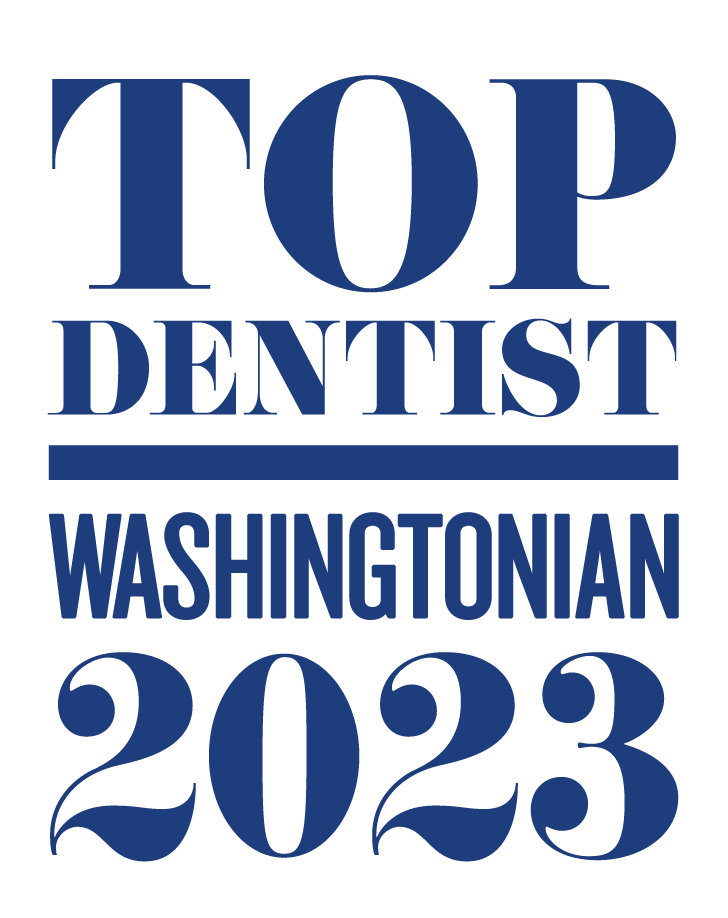Now that you have braces, what should you expect the first several days and how do you take care of them? It’s important for you to know how to properly care for your braces throughout your entire orthodontic treatment.
Your First Few Days in Braces
Initially the braces feel like they “stick out” and it may be difficult to get your lips around them. This is normal. As you become accustomed to your braces and your tooth alignment improves, this sensation will cease to be a concern. Although the brackets are rounded and smooth, until the cheek tissues have “toughened,” you may find it helpful to use a small piece of orthodontic wax around the bracket that is creating the irritation.
If your supply of wax runs out, call our office for more. The wax may also be purchased at a local drug store. For abrasions that are the result of the lips or cheek rubbing against the appliances, a warm saltwater rinse can relieve this soreness. Dissolve 1 teaspoon of salt in 8 ounces of warm tap water, and rinse your mouth vigorously.
You may notice some discomfort beginning a few hours after your braces are placed. Some teeth, usually the front teeth, may be “tender” and sensitive to pressure. Occasionally, patients report that they experience no discomfort, but most patients have some soreness beginning sometime during the first eight hours and dissipating in 2 – 7 days. Exactly when the discomfort ceases is impossible to predict and differs with each patient. Over the counter pain remedies are recommended for discomfort. For maximum effectiveness, it may be best to take such medications before the discomfort begins.
Will the braces stay on if I eat?
Until you become accustomed to eating with your braces, you may find it beneficial to stick to soft foods. Avoid tough meats, hard breads, and raw vegetables. You will need to protect your orthodontic appliances when you eat for the entire time you are wearing braces.
Foods and Habits to Avoid
Chewy foods — bagels, licorice
- Crunchy foods — popcorn, chips, ice
- Sticky foods — caramel candies, chewing gum
- Hard foods — nuts, hard candies
- Foods that require biting into — corn on the cob, apples, carrots
Habits — nail biting, chewing on ice, chewing on pens & pencils
Foods you CAN eat with Braces
Dairy — soft cheese, pudding, milk-based drinks
- Breads — soft tortillas, pancakes, muffins without nuts
- Grains — pasta, soft cooked rice
- Meats/poultry — soft cooked chicken, meatballs, lunch meats
- Seafood — tuna, salmon, crab cakes
- Vegetables — mashed potatoes, steamed spinach, beans
- Fruits — applesauce, bananas, fruit juice
- Treats — ice cream without nuts, milkshakes, Jell-O, soft cake
Please be attentive in following these rules. Loose brackets or wires that must be replaced WILL significantly increase your total treatment length.
Is there anything I can do to minimize discomfort and ensure an optimal response to treatment?
There are routine steps that we ask you to take prior to leaving the office. Please make sure you make these steps a part of your orthodontic visit:
- Using your finger and tongue, check that the wire ends do not extend into an area which might poke the tongue or cheek.
- Make sure you understand what you are to do until your next appointment. This could include wearing headgear or elastics as instructed, activating an expander or following specific hygiene or diet instructions.
- Make sure you have an adequate supply of orthodontic wax, special cleaning aids, elastic bands or other related materials you may need between appointments.
- Always schedule your next appointment before leaving the office. Waiting 1 or 2 weeks after an appointment to schedule your next office visit complicates the scheduling process, since appointments are scheduled weeks in advance. Postponing appointments is a common contributor to extended treatment time.
- Make sure that your questions about treatment are answered. Treatment goes better when everyone understands the treatment process. We welcome parents to accompany their children to their appointments, allowing us the opportunity to update you on treatment progress.
Can I play sports with braces?
Yes, you can definitely play sports while undergoing orthodontic treatment. It is recommended that you wear a mouthguard to protect your teeth and appliances while playing contact sports. Please ask Dr. Cheron if you need help finding the right mouthguard for the best protection.

